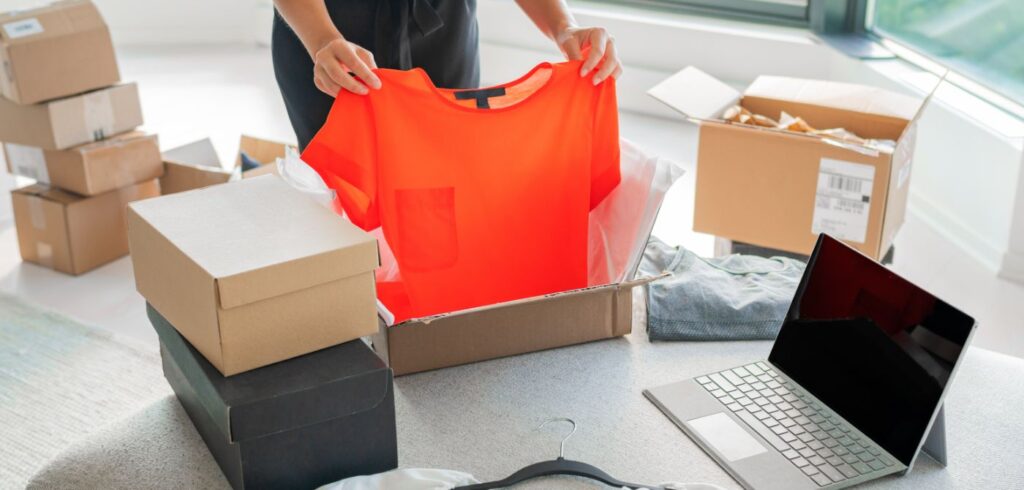Big question marks hang over the future of retail returns. We have seen major players like Boohoo and Zara start charging consumers for returning items bought online, and it seems like this is only the beginning. This decision has been both praised and criticized by industry figures, bringing to light what is a heavily disputed topic within e-commerce right now.
Returns are certainly costing retailers huge amounts of money each year, a trend that has only accelerated since the beginning of the Covid-19 pandemic. The National Retail Federation’s January survey found that for every US$1bn in sales, the average retailer incurs US$166m in returns. Free returns have been the cornerstone of e-commerce for years, and are a key factor in consumer purchasing decisions, but making them convenient while staying commercial necessitates a change of tack. The question for retailers is, how?
Convenience for who?
Convenient returns come in different shapes and sizes. There is the convenience that a retailer can offer to its end consumer and convenience to the retailer itself.
Consumers want access to a wide range of return options across a range of formats, such as drop-off at a shop, drop-off at a locker, postal service, and, more recently, a revival of the collection from home service. Retailers need to embrace these demands and give consumers the choice.
A convenient returns service for retailers is one that provides data to help optimize operations across the whole journey. Data is the key to unlocking a more efficient future for returns, and retailers are starting to understand this. They have a fine line to tread between keeping the consumer happy with multiple returns options and maintaining a commercially viable returns policy. If the retailer has a store network, then using it as a cog in the returns machine is also paramount for optimizing this process.
Embracing flexibility
Like purchasing an item of clothing online, the returns journey is a consumer experience that needs to be streamlined and efficient. If a retailer gets this process right, they will drive higher levels of brand satisfaction and consumer loyalty. If they get it wrong, all the research shows it can be disastrous.
Consumers want choice. If consumers’ wallets are under pressure then retailers’ sales are as well. It’s about the entire reverse logistics supply chain working together as an ecosystem to keep the retail industry healthy. Presenting the right option – whether that be through free returns, exchanges or ‘return as a gift card’ – will satisfy consumers and save the sale for the retailer.
Adaptable returns policies can provide greater convenience for all at various points in the year, whether it be at peak times, for select products or during a sale. A flexible rather than blanket policy is how retailers can strike that balance between being commercial and differentiating. With the mounting fuel surcharges, cost of raw materials, rising wages and more, a tailored returns strategy can help retailers overcome these obstacles.
Staying commercial
As more retailers start charging consumers for returns, I expect to see these charges communicated and the circumstances clearly defined on websites. If retailers are prudent with their buying, then they’ll want to get high-selling items that have been returned moved back into stock quickly to be resold.
With high-selling items, for example, a policy of making returns free for 14 days, and then chargeable after this would help keep these stock items profitable. A shorter free returns window, like this, is one way that retailers can keep popular items circulating while still in vogue, rather than allowing them to languish in wardrobes.
Looking to the future
There will always be certain players who take the opposite stance to the market but most will follow Zara and Boohoo’s lead in charging for some returns in certain circumstances. As we get nearer to peak season and the arrival of Black Friday, retailers need to have reviewed, made a decision and taken a stance on the charging for returns debate. A clear and flexible returns policy will keep them commercially competitive while keeping the consumer experience efficient and transparent.


